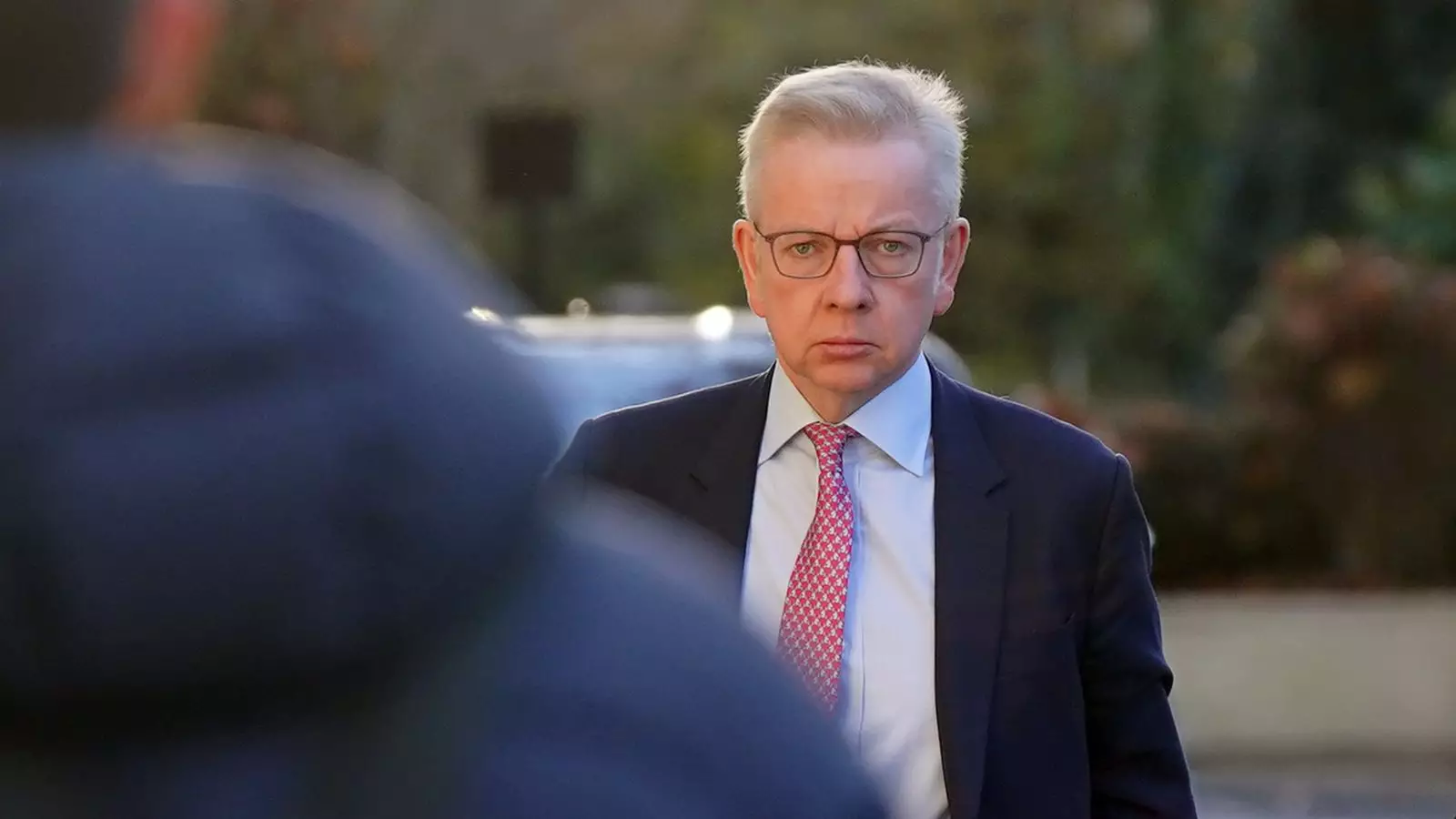The government is facing a significant challenge as the controversial Rwanda bill is set to be voted on in the Commons. This emergency legislation, brought forward by Rishi Sunak to salvage his embattled Rwanda policy, aims to “stop the boats” and address illegal migration. However, there is growing opposition within the Conservative Party and concerns that the bill may not achieve its intended goals. In this article, we will examine the current state of the bill, the criticisms it has received, and the potential implications if it does not pass.
Michael Gove, the levelling up secretary, expressed confidence that the Rwanda bill will be approved by MPs. He stated that the government is “not contemplating” an early general election as they believe the legislation is a tough but proportionate measure. While the government is open to making changes to the draft law, it is clear that they are determined to push it through. However, with growing dissent within their own party, their confidence may be misplaced.
The Rwanda bill has faced criticism from multiple quarters, including members of the Conservative Party itself. Lawyers on the Tory right argue that the legislation is not “sufficiently watertight,” which could lead to prolonged legal challenges from illegal migrants. The European Research Group has also voiced concerns, stating that the current wording of the law may fail to achieve its intended goal of deporting those who make the Channel crossing to East Africa. These criticisms raise doubts about the effectiveness and legality of the bill.
Conservative veteran Sir Bill Cash, who chaired the so-called “star chamber,” has reviewed the bill and hopes that his report will inform the government regarding the need for further amendments. This independent assessment by eminent legal experts highlights the gravity of the situation. The government must consider these findings carefully and address any flaws in the legislation to avoid potential legal challenges.
More moderate Tories are also questioning their support for the bill due to concerns about compelling courts to find Rwanda a “safe” country to send asylum seekers. This raises ethical and humanitarian issues, which cannot be ignored. The government must address these concerns and provide clear justifications for their approach if they want to maintain support from across the party.
Despite the criticisms, ministers like Michael Gove stand firm in their belief that the bill is tough and robust. They argue that it addresses all previous reasons for preventing people from going to Rwanda. However, this confidence may be misplaced, especially as experts and fellow MPs raise valid concerns about the legislation. It is essential for the government to listen to differing opinions and demonstrate that their proposed law can withstand scrutiny.
On the other hand, former cabinet minister David Davis has come out in support of the bill, considering it to be the toughest immigration legislation to date. He emphasizes that it is based on the decision of the Supreme Court, implying its legality and necessity. However, his support does not diminish the concerns raised by other experts and MPs who have identified potential flaws in the bill.
As the government faces this pivotal vote, it is crucial for all MPs to approach the issue thoughtfully and with a comprehensive understanding of the bill’s implications. This is not a matter to be taken lightly, as it directly impacts the lives and rights of individuals seeking asylum. It is imperative that MPs rise above party politics and carefully consider the implications of their decision.
The Rwanda bill is a contentious piece of legislation that aims to address illegal migration but has faced significant opposition. As the bill approaches its first vote in the Commons, it is uncertain whether it will be approved, given the criticisms from both within and outside the Conservative Party. The government must take these criticisms seriously and make necessary amendments to ensure the bill achieves its intended objectives without compromising ethical and humanitarian concerns. The decision MPs make will determine the path forward for the government’s immigration policy and the treatment of asylum seekers in the UK.


Leave a Reply